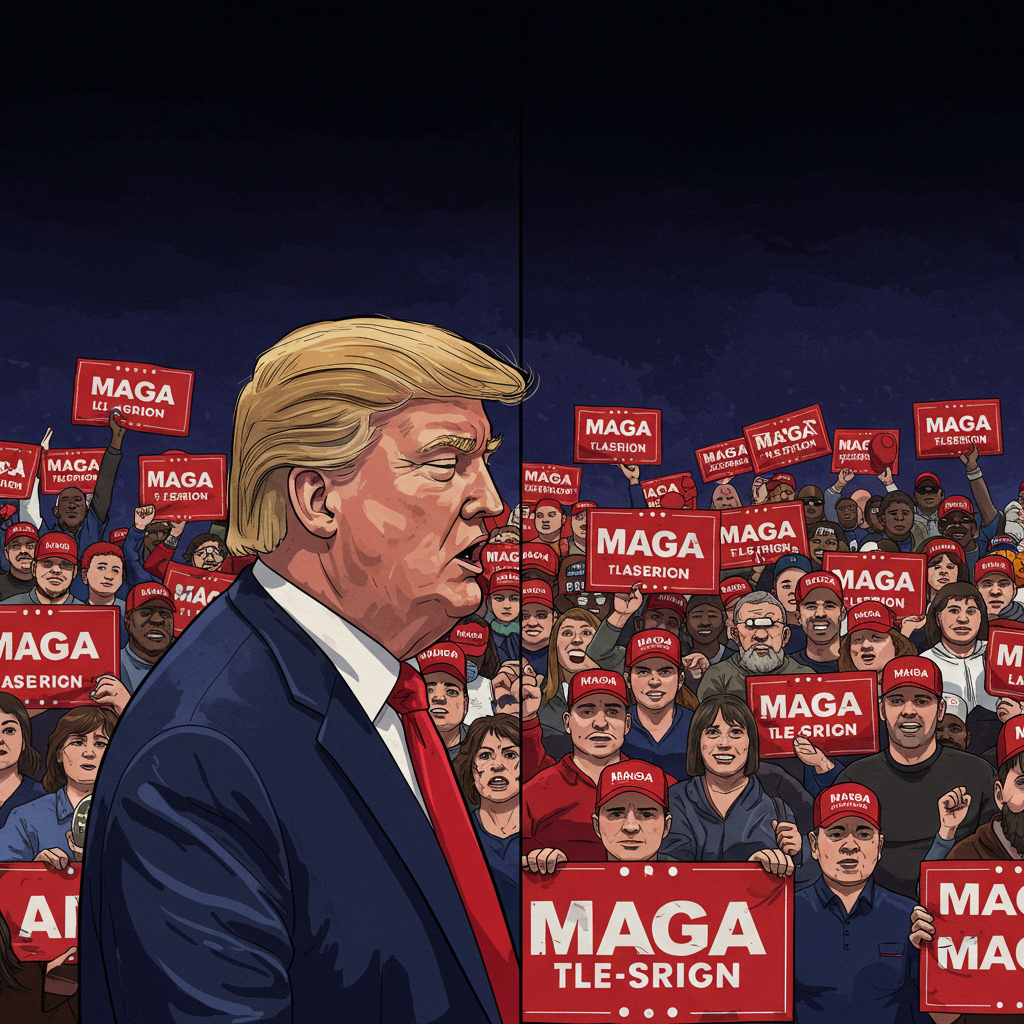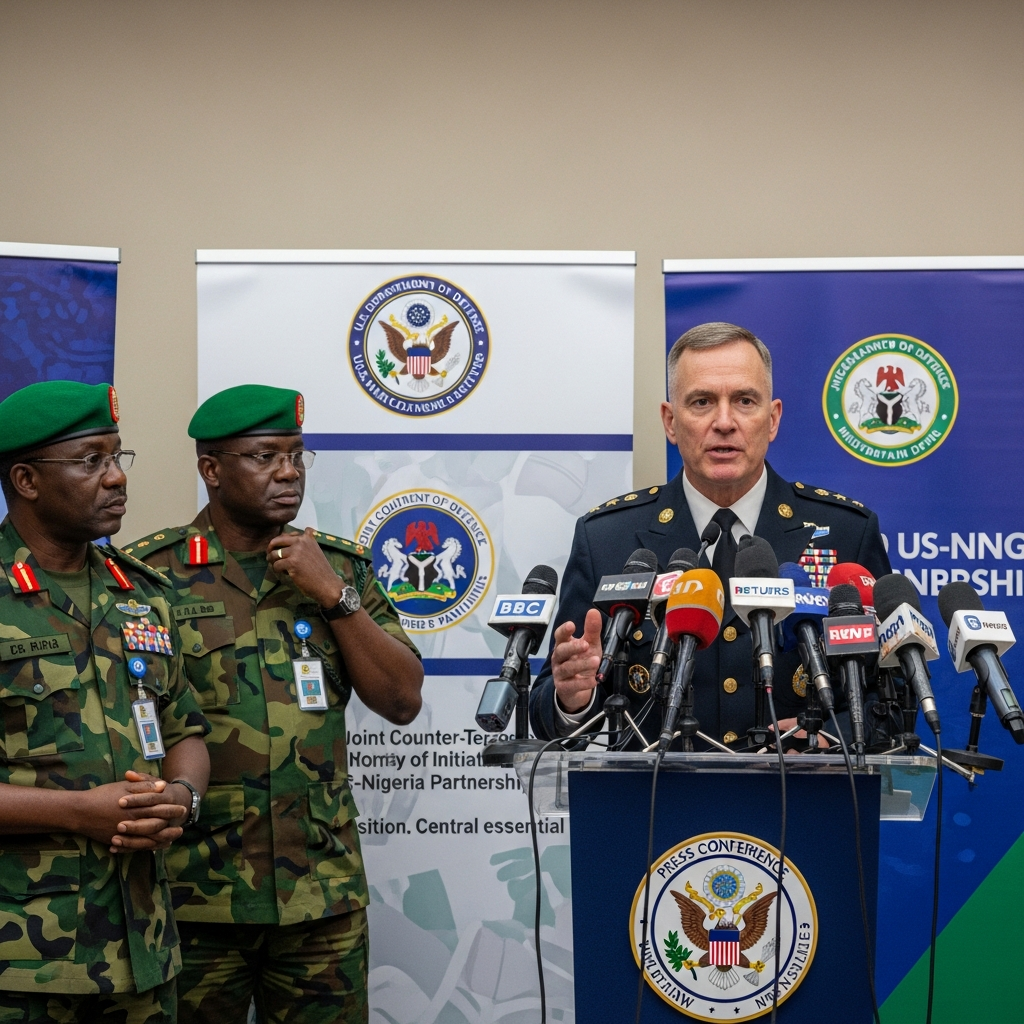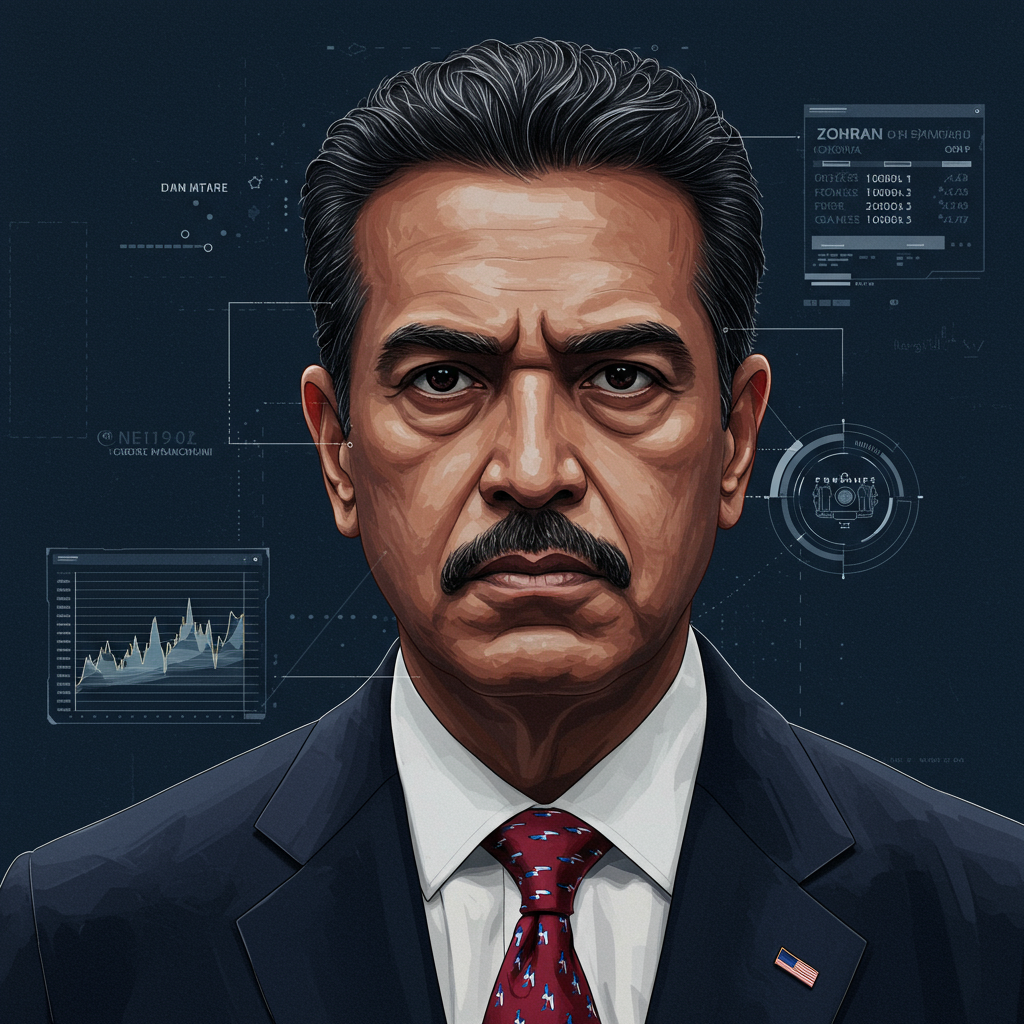Trump Faces Deep Division Within MAGA Base Over Possible Iran Action
The mere prospect of the United States launching a military strike against Iran has ignited significant opposition and exposed deep rifts within the coalition of supporters that propelled President Donald Trump to power. As the U.S. considers potential intervention amidst escalating regional tensions and concerns over Iran’s nuclear ambitions, a vocal segment of Trump’s loyal “Make America Great Again” (MAGA) base is urging caution and pushing back against involvement in another Middle East conflict.
This internal challenge puts some of Trump’s most prominent allies in an unusual position, at odds with a leader who has often echoed their isolationist or “America First” foreign policy tendencies.
“America First” Voices Warn Against Another War
Influential figures within the MAGA movement have voiced strong concerns, arguing that the U.S. should avoid getting entangled in yet another foreign war.
Steve Bannon, a former top Trump strategist and key voice in the “America First” movement, has been particularly outspoken. He warned against the U.S. military joining Israel in efforts to counter Iran’s nuclear program without a diplomatic resolution. “We can’t do this again,” Bannon stated, evoking parallels to past U.S. interventions. “We’ll tear the country apart. We can’t have another Iraq.” He stressed that any potential action against a nation as significant as Iran requires careful thought and public consensus.
Other prominent figures like former Fox News host Tucker Carlson and Representative Marjorie Taylor Greene (R-Ga.) have echoed these anti-interventionist sentiments. Greene explicitly linked the opposition to the “America First/MAGA” philosophy, declaring the base is “sick and tired of foreign wars.”
A public clash between Carlson and Senator Ted Cruz (R-Texas) highlighted the division, with Carlson sharply questioning Cruz’s support for potential regime change in Iran during a viral interview segment.
This segment of the Republican party watches with alarm as the potential for a U.S. strike, possibly involving powerful ordnance like “bunker buster” bombs to target facilities, appears to move closer than diplomatic solutions.
The Context Driving Potential Action
While the MAGA base fears entanglement, the consideration of a strike comes amid heightened concerns over Iran’s nuclear program and ballistic missile capabilities. International experts and U.S. officials widely believe Iran is pursuing nuclear weapons, despite Tehran’s denials. Such a development is seen as an existential threat by Israel and a trigger for a regional arms race by the U.S. The backdrop of ongoing, severe military exchanges and rising instability in the region provides the context for why intervention might be considered by some.
Trump’s Response to the Rift
Despite the visible dissent from some key supporters, President Trump appeared largely unconcerned about the rift on this specific issue. He maintained that his base’s loyalty remains strong.
“My supporters are more in love with me today, and I’m in love with them more than they were even at election time,” Trump told reporters. He acknowledged that “some of his supporters ‘are a little bit unhappy now'” but asserted that many others agree with his primary objective: preventing Iran from obtaining a nuclear weapon.
Trump framed the decision as potentially unavoidable, stating, “I’m not looking to fight. But if it’s a choice between them fighting or having a nuclear weapon, you have to do what you have to do.”
Political Implications and Divided Loyalties
The open division exposes a challenge for Trump. While he remains immensely popular with his base – crucial for influencing the Republican party and potential future political endeavors – alienating a significant portion over a foreign policy decision could have consequences.
Marc Short, an ally of former Vice President Mike Pence, acknowledged the “pretty large rift” but predicted that ultimate loyalty lies with Trump himself rather than any specific worldview.
Conversely, some traditional Republican voices like Senator Lindsey Graham (R-SC) have urged Trump to assist Israel in confronting Iran, viewing it as an “existential threat.” Polls indicate that a significant portion of Republicans traditionally favor defending Israel with military power.
Vice President JD Vance attempted to bridge the gap, defending Trump and suggesting the president has “earned some trust” on foreign policy despite valid concerns about past interventions.
A decision to enter the conflict would mark a departure from Trump’s typical caution regarding foreign entanglements and could potentially distract from other foreign policy goals, such as mediating in Ukraine or negotiating trade deals. The response of the MAGA base to such a decision could also impact Republican prospects in future elections.
As allies and opponents alike await a final decision, the internal debate within the MAGA coalition highlights the complex foreign policy challenges and the diverse viewpoints that exist even within Trump’s most ardent supporters. Trump stated he had ideas on how to proceed but had not yet finalized his decision.




